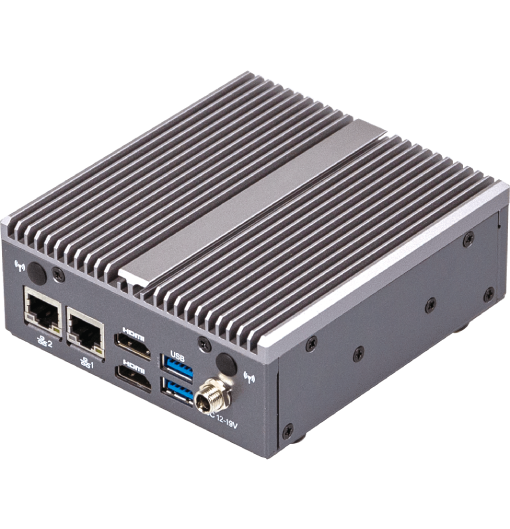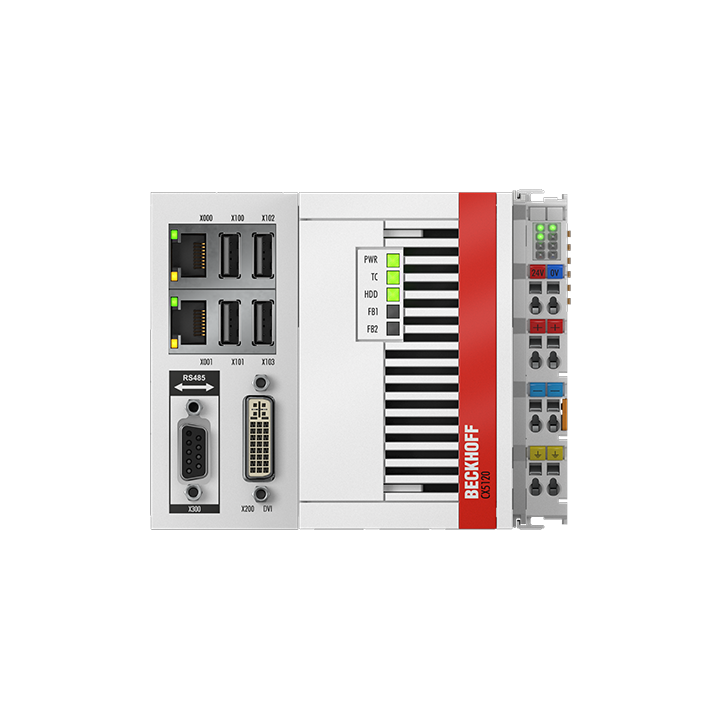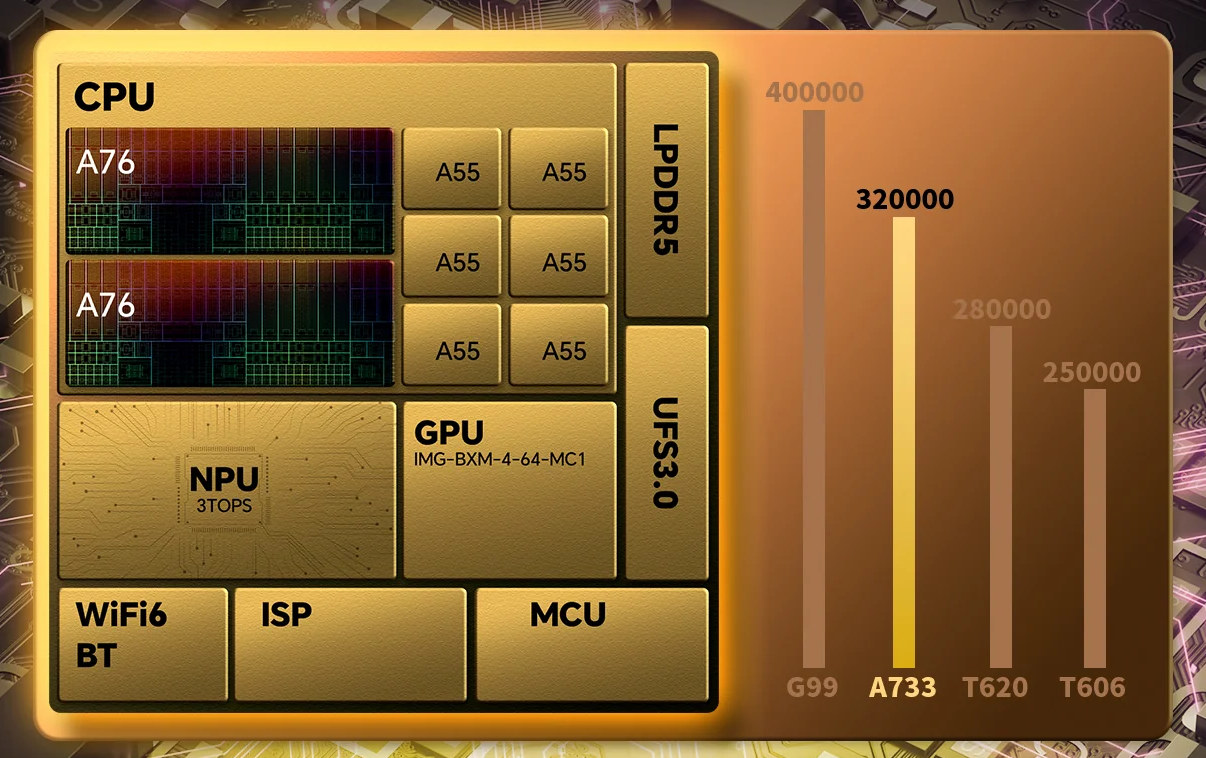Will this ScreenCloud run FreeBSD??? I bought a pair to try. I don't see how they could block me...
https://www.ebay.com/itm/396491902616
The Station P1 Pro offers NVMe slot in M.2 2242 form factor.
Well it did take me for a wild ride.
How I defeated Android on Station PC-Pro OEM'ed as ScreenOS
I had to use the SPI Header J16 and use the 4 pin header (ground and clock). With these leads I shorted Pins 1-2 for a short while at boot-up.
That led me to a u-boot console > where I could work my magic. I only had a short time window where the device would reboot. Maybe 60 seconds.
So I did a quick
mmc erase 0 20000 and that took care of the eMMC sectors under u-boot..
That did not erase all the eMMC disk but enough that next reboot I got my USB FreeBSD aarch64 Memstick installer working. No intervention.
It also booted off my custom u-boot port for the ROC-PC-RK3399 on microSD instead of original u-boot on the eMMC.
I think the original u-boot used the SPI Flash for u-boot environment and when SPI was shorted out it failed to boot.
Hurray for the $15 dollar box. I bought several 2242 NVMe for these. Now I can buy them all up.
Station P1 Pro is equipped with Rockchip's six-core RK3399 processor, and adopts a server-level (dual-core Cortex-A72 + quad-core Cortex-A53) big.LITTLE architecture, with a main frequency of up to 1.8GHz and an integrated Mali-T860 quad-core GPU. This mini computer supports Gigabit Ethernet...

www.firefly.store
To recap: Use 2.0mm/pitch shunt on SPI header Pin1 and Pin2 on ScreenOS OEM box for shorting SPI.
I was locked out of original u-boot command prompt with no chance to escape. Straight to Linux/Android booting off eMMC.
Now I can scrape the
rockchip-spl.bin out of my custom u-boot port work files and flash it to the SPI. Install OS on 2242 M.2 NVMe.
Had to back off the number of disk blocks to erase compared to here:
What I have discovered is that the boot0/boot1 partitions are not usable.
I did flash my efi partition to mmcsd1 and flashed u-boot.imx to it.
That works but sort of bricked it as cant find currenv.
So I had to dig deep and discovered that uboot command line tool
mmc has the needed tools to unbrick.
Notably
mmc erase saved my day.
Here is a sample.
Code:
mmc - MMC sub system
Usage:
mmc info - display info of the current MMC device
mmc read addr blk# cnt
mmc write addr blk# cnt
mmc erase blk# cnt
mmc rescan
mmc part - lists available partition on current mmc device
mmc dev [dev] [part]...







www.beckhoff.com



 www.cnx-software.com
www.cnx-software.com
